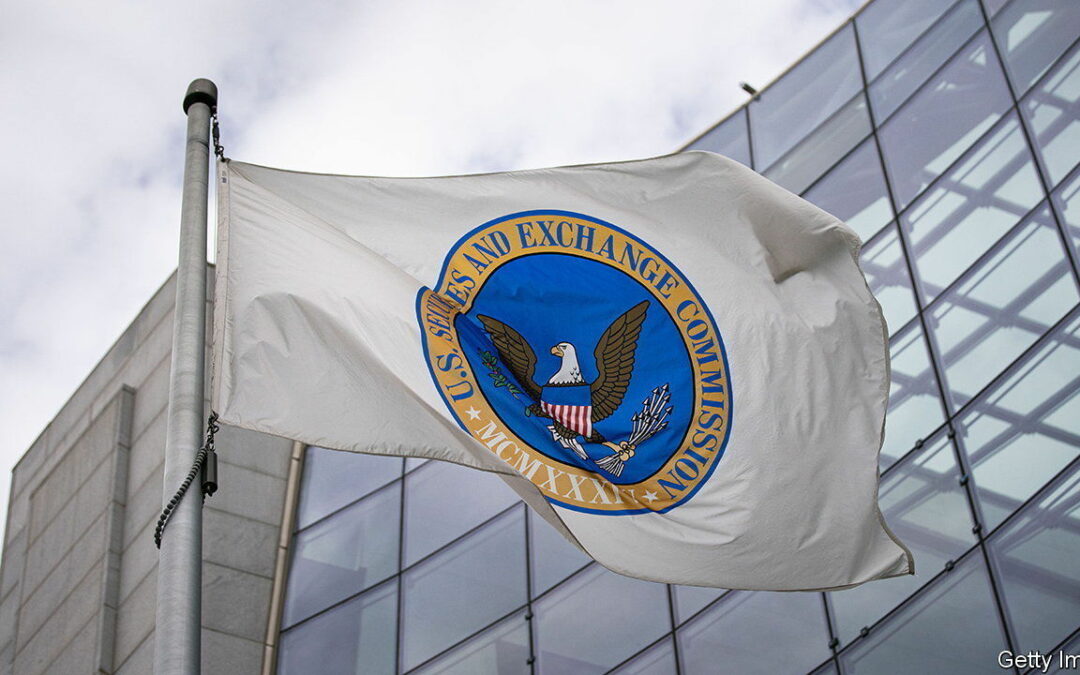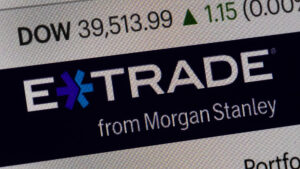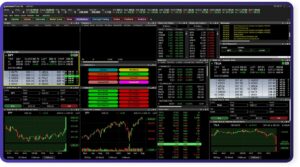AMERICA’S WEALTHIEST 0.01% may have gained a new member on May 5th, when someone earned $279m. The source of the windfall was neither a bank nor a hedge fund, but rather the agency that regulates them. The Securities and Exchange Commission (SEC) said it had dished out the whopping sum to a whistleblower—the biggest such award since it started paying tipsters over a decade ago. Other governments, such as many of those in Europe, are shy of rewarding with cash those who report fraud. Why does the American institution pay out such handsome sums?
The SEC scheme was set up by the Dodd-Frank act of 2010, Congress’s response to the global financial crisis, which aimed to improve corporate oversight. Encouraging more whistleblowers was a part of that. The commission had been under fire for failing to stop Bernie Madoff, who pled guilty to fraud and other felonies in 2009 after running a $64.8bn Ponzi scheme, even though it had received repeated warnings. So it created an office to collate tips, and agreed to give sizeable awards to whistleblowers who provide relevant information about corporate malfeasance that result in settlements or fines of over $1m. The awards, worth between 10% and 30% of those fees, are collected from the total paid by the punished firms.
Many tipsters remain anonymous, preferring for example to share their information via a lawyer. Some continue to work for the firms they reported on. In some cases the whistleblowers are not employees of the firms they report on—and thus run no particular risk for reporting on potential wrongdoing. No public details have emerged about the misconduct that the record-breaking whistleblower helped to uncover. But some informants do go public about their targets. Two financial analysts, for example, helped to bring a case against Orthofix, a medical-device manufacturer, in 2013. Known as “Mr Smith” and “Mr Jones”, they did not work for the firm. But by using publicly available information they suspected that Orthofix had been “channel-stuffing”, or inflating sales figures. The whistleblowers submitted a credible tip to the SEC, which found that Orthofix was fudging some numbers on its balance sheets. Four years later Orthofix settled, admitted wrongdoing and paid a $14m fine. The tipsters received their share: $2.5m.
The American approach, therefore, is to encourage as many tips as possible. The SEC says such tips have helped it collect $6bn from misbehaving corporations. Its activity is surging. In 2022 it filed 760 cases against rule-breakers, a record, and whistleblower payouts have boomed, too. Two years ago 108 tipsters collected $564m as a whole, more awards than in all previous years combined. As of 2022, the SEC had awarded a cumulative $1.3bn to 328 whistleblowers.
Tips today pour in faster than the SEC can manage: it logged more than 12,000 in 2022 alone, more than quadruple the number it received in 2012. Only a small share of them lead to a payout. The Wall Street Journal estimated that of more than 52,000 tips submitted to the agency in the decade to September 2021, just 0.5% resulted in awards. Critics grumble that the SEC is less than transparent about the way it sorts tips and awards informants: one investigation by Bloomberg Law, for instance, found that in two cases, those involved in wrongdoing themselves may have further profited by reporting on it to the SEC.
Perhaps the gravest concern, however, is over a secondary business that is growing up alongside the SEC process. In a forthcoming study Alexander Platt of the University of Kansas’s law school suggests that a handful of law firms, often staffed by former employees of the SEC, are responsible for winning an outsize share of whistleblower awards. Those firms, in turn, often charge their whistleblower clients high legal fees, perhaps more than a third of the value of the eventual award. But informants who want their tips investigated may do well to hire them. Using data from 2012 to 2020, Mr Platt found that former SEC regulators were involved in about one-third of cases where whistleblowers used attorneys. He reckons that about a quarter of all the money dispersed by the SEC scheme has gone to recipients represented by law firms that have hired former staff from the agency. And that share appears to be growing: from 2021 to the middle of 2022, what he calls “revolving-door firms” raked in more than 40% of the funds awarded. One implication, finds Mr Platt, is that the arrangement risks looking unhealthily close. ■









